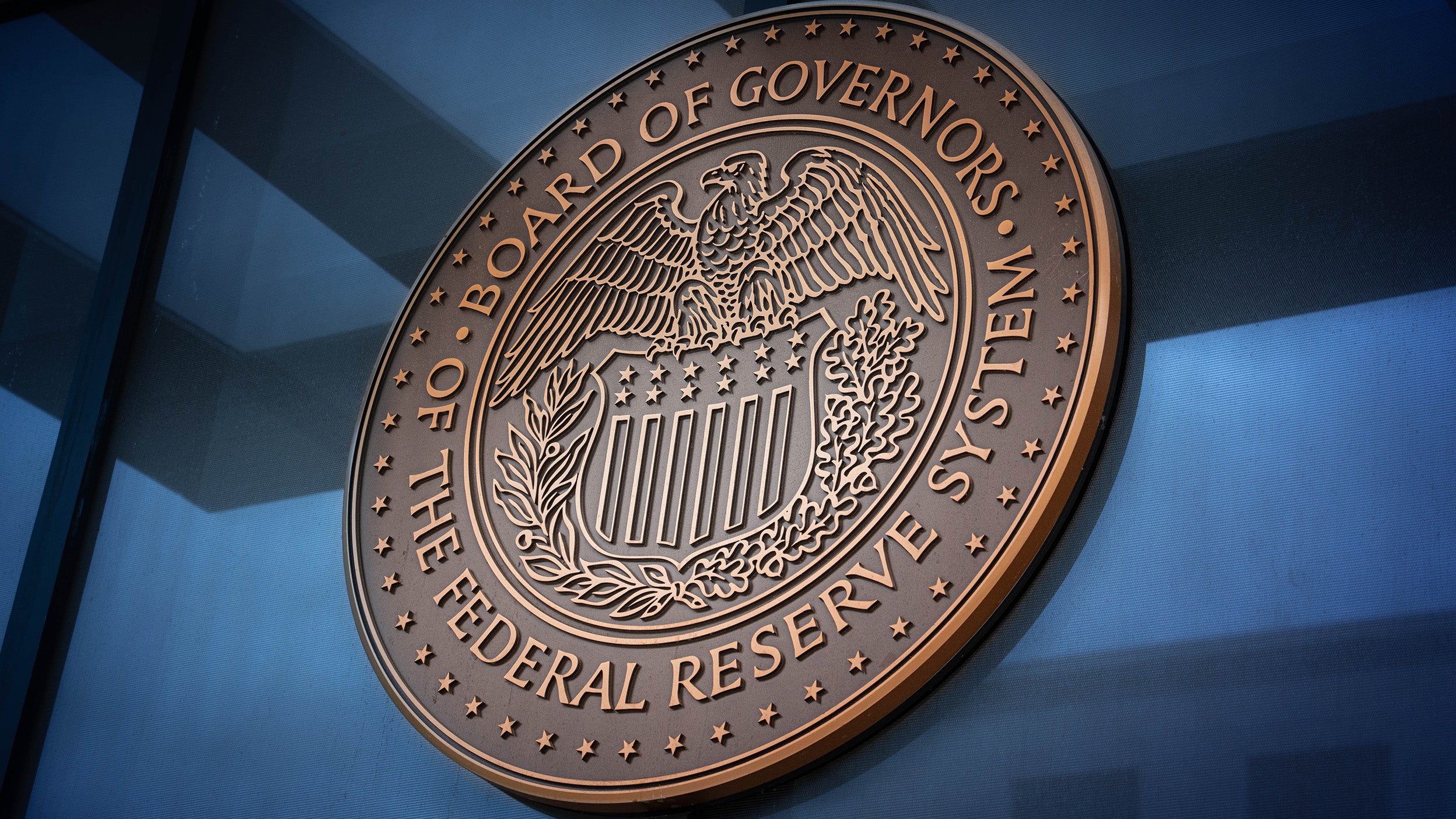
Markets and Economy Has the catalyst for stock diversification arrived?
For investors looking to diversify their mega-cap technology exposure, improving growth and falling interest rates may be good reasons.
Fresh perspectives on economic trends and events impacting the global markets.

Get timely investment ideas, an overview of what’s happening in the markets, and tips to help optimize your portfolios in our monthly playbook.

For investors looking to diversify their mega-cap technology exposure, improving growth and falling interest rates may be good reasons.

A rate cut, which markets are pricing in despite Fed member differences, and an expected improving economy in 2026, could support stocks.

We believe global equities may continue to rise in the new year, and we expect new opportunities to be unlocked as market leadership evolves.

Get insight on the recent sell-off in the artificial intelligence trade, the potential for a Santa Claus rally, and the K-shaped economy.

It’s the time of year to reflect on what we’re thankful for. Resilient growth and strong corporate earnings are among the many positive investing stories.

The downturn was concentrated in mega-cap growth stocks, even though many had strong earnings. We see it as skepticism about lofty valuations.

Today’s artificial intelligence trade isn’t a bubble yet, in our view, but the best potential opportunities in stocks may be outside of mega-caps.

A US-China trade truce provides temporary relief for global supply chains, while the Federal Reserve asserts its independence.

While the one-off inflation report from the Bureau of Labor Statistics showed a 3% rise over the past year, we still expect rate cuts to continue.
Get straightforward insight from our market and economic experts on what investors need to know about soft landings, inflation, the economy, government debt, election season, and more.
Insights from our income experts on investing opportunities around the globe.
Our latest thinking on opportunities and potential ways to use ETFs in a portfolio.
Learn about investing in ETFs, including the basics, benefits, and choosing one.
Candid conversations with fund managers, market strategists, and more.
AEM723/ AEM731
This link takes you to a site not affiliated with Invesco. The site is for informational purposes only. Invesco does not guarantee nor take any responsibility for any of the content.